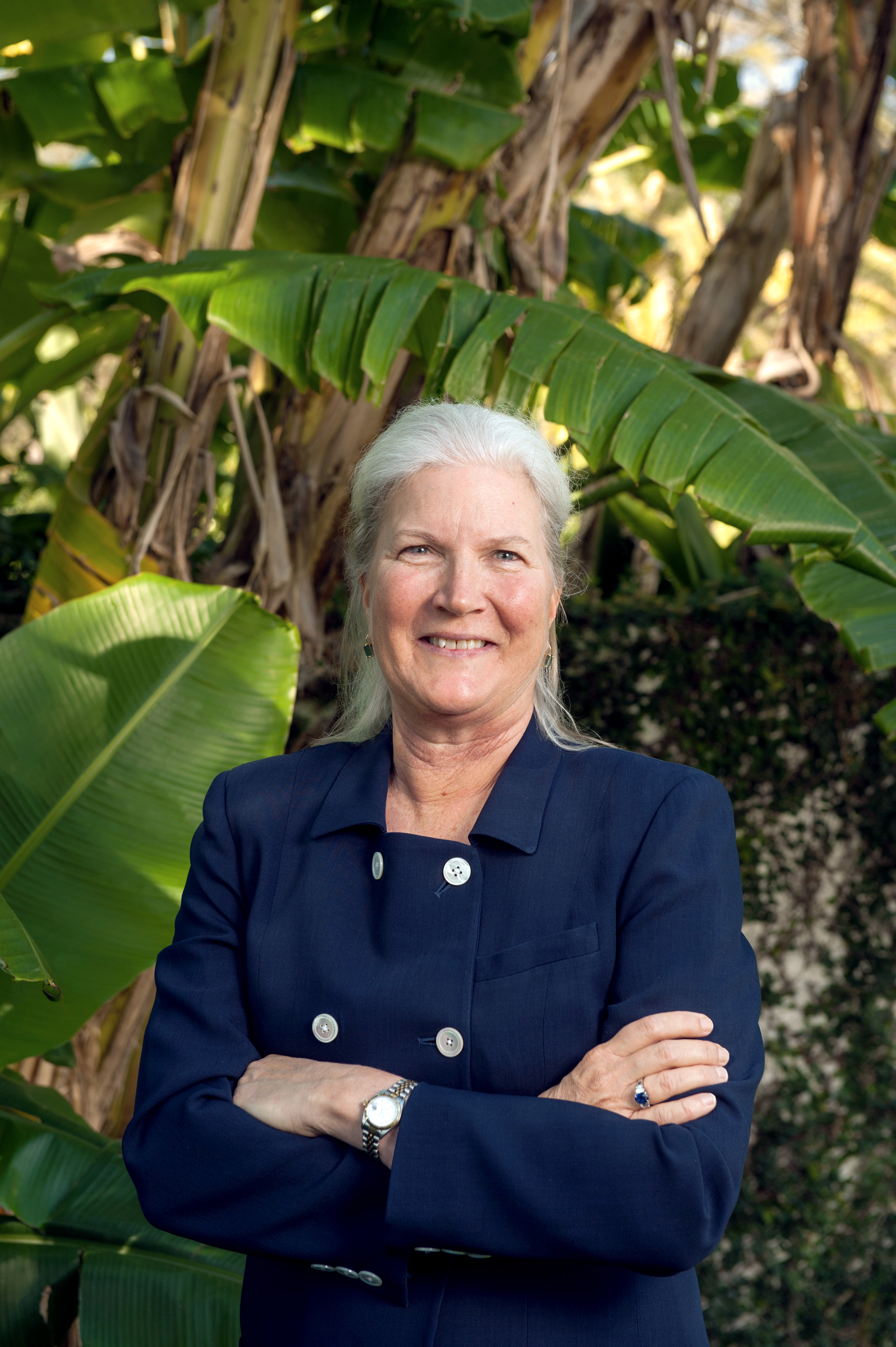
“In terms of philanthropy, I think of higher education as a multiplier,” says Kimberly Ritrievi, a chemical engineer who heads the Ritrievi Group, a private investment firm. “To support higher education is to attack problems at their root.” Ritrievi herself has served as a “multiplier” in the past decades as an MIT donor and volunteer. In 2020, she worked with the MIT Office of Gift Planning to create a charitable remainder trust (CRT), which provides income to the donor and/or other beneficiaries while they are living and then goes to a designated cause at MIT.
Supporting graduate students. In 2001, Ritrievi played an instrumental role in the creation of the Adel F. Sarofim (1962) Fund to honor the retiring professor, who was her advisor, and provide fellowship support for graduate students in chemical engineering. Her CRT, which will ultimately support the Sarofim Fund, is invested alongside MIT’s endowment and managed by the MIT Investment Management Company—an option she calls “favorable” and a benefit that not all nonprofits and higher education institutions can offer. “With my current tax situation,” she says, “I saw that the usual annual outright gift I make to MIT could be enhanced with a CRT.”
Bringing ideas to life. In recent years, a desire to work with students led Ritrievi to join the board of the MIT Sandbox Innovation Fund, which provides funding and mentorship for student-initiated entrepreneurial ideas. These types of ideas, Ritrievi says, are the seeds of economic growth. “I appreciate that there are many opportunities at MIT to stay involved and make an impact for the future,” she says.
Help MIT build a better world. For more information, contact Amy Goldman: 617.253.4082; goldmana@mit.edu. Or visit giving.mit.edu/planned-giving.
Keep Reading
Most Popular
Large language models can do jaw-dropping things. But nobody knows exactly why.
And that's a problem. Figuring it out is one of the biggest scientific puzzles of our time and a crucial step towards controlling more powerful future models.
How scientists traced a mysterious covid case back to six toilets
When wastewater surveillance turns into a hunt for a single infected individual, the ethics get tricky.
The problem with plug-in hybrids? Their drivers.
Plug-in hybrids are often sold as a transition to EVs, but new data from Europe shows we’re still underestimating the emissions they produce.
Stay connected
Get the latest updates from
MIT Technology Review
Discover special offers, top stories, upcoming events, and more.